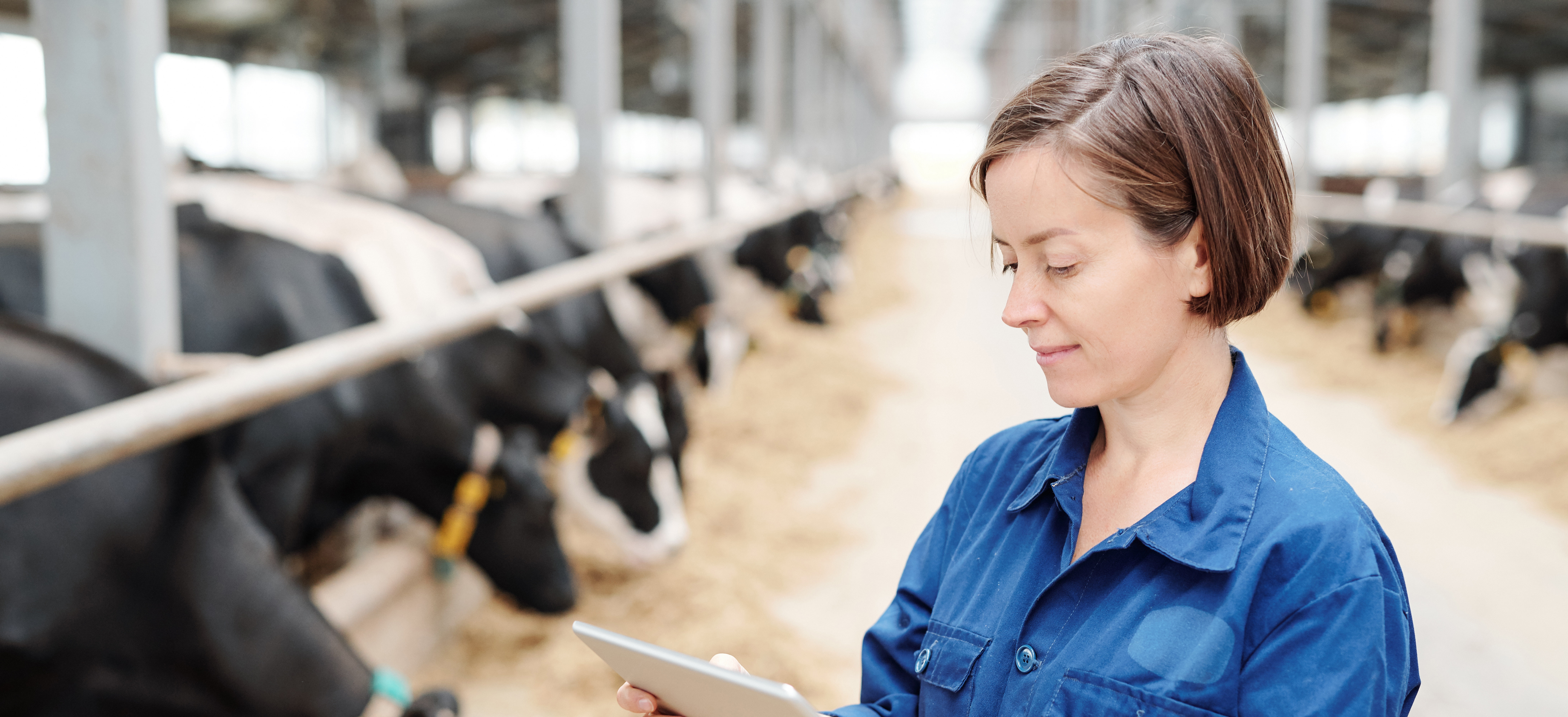Assessments, assessors and the certification process
As the scrutiny of food production ever increases, it is vital that members and those working on farms strive to meet every standard every day. Doing so not only protects your business, but the entire industry in which each one of you plays a critical role.
With the nature of farming, food assurance and assessments, it will never be a stress free experience.
But hopefully by answering some frequently asked questions we can help to dispel some of the myths about assessments, assessors and the certification process, which will give you some insight into what is happening behind the scenes to makes sure that your experience is as positive as possible.
Frequently Asked Questions
Certification bodies manage our schemes and carry out assessments on our behalf. We have rules and procedures to ensure they all offer the same standards of service, and their staff and assessors have the right training.
We also monitor and supervise our certification bodies, and their assessors, to measure their performance.
Accreditation spans all aspects of our everyday lives from the Health Safety practices which govern our workplaces, the classroom, to how we enjoy our leisure activities. Accreditation is the external recognition of how an organisation delivers standards.
All our certification bodies are assessed by the national accreditation body for the UK- UKAS to a globally recognised standard. This means they need to demonstrate that they have the competence, impartiality, and performance capability, so that as well as Red Tractor monitoring their performance, so too does UKAS.
Most Red Tractor farmers do an excellent job meeting every standard every day, so they are not affected by our risk-based approach to assessments.
However, we know a few of our members need extra support to stay on track. Those members who have a poor compliance record may see an increase in assessment frequency or, and in some sectors where our risk-based approach to assessments has been adopted (dairy, pigs, and poultry) spot checks can be conducted with no advance notice.
If we continue to find evidence of poor compliance, certificates can be suspended, or membership of the Scheme revoked in line with our rules.
Risk based has had a positive effect on compliance in the pig sector.
So, risk-based is designed to be a fair and objective way of identifying members who continually fail to meet standards, while ensuring that the reputation of members who consistently do meet the standards is protected.
CLICK HERE to read the rules on risk-based in full
All our assessors must undergo training.
As well as having training requirements for our farmer members on aspects of the standards all our assessors and certifications bodies are required to prove that they have they have the required knowledge and training before they can go on farm.
In addition to the academy, there is a requirement for assessors to be able to demonstrate that they have the personal skills to communicate effectively and have empathy with members on far
The Red Tractor Portal is effectively an online filing cabinet which is free for our members to use. By storing all your documents in one place throughout the year, rather than just ahead of your assessment should help to cut down your preparation time and the amount of time your assessor will need to be on farm.
CLICK HERE for instructions on how to sign up and use the portal.
Laurence Matthews of Manor Farm, Surrey who’s been using the portal said:
“This is a great tool for farmers, straightforward and uncomplicated, a great example of how modern technology can be used to help us prepare for our assessment. There is nothing to be afraid of, it’s an intuitive system that’s easy to use.”
We only routinely review our standards every three to four years across all sectors, to ensure members farm in a way that meets the expectations of consumers and the market as simply as possible. It is important because our standards are the bedrock of progressive farming. They underpin our industry’s strength and credibility, by securing its future as a world-leader.
We’ve recently introduced some necessary changes for some our members because the farming industry has faced significant challenges over the last year, which includes avian influenza, rising input costs and labour availability, that have been driven by global events and other factors. The small but important changes which will come into effect in October 2022 for pigs, poultry, and combinable crops are to accommodate the impact this has had on food and farming. It is also in response to member feedback, and guidance from our Technical Advisory Committees – which are made up of farmer representatives, leading industry experts and supply chain stakeholders.
CLICK HERE to read about the changes, with explanations and helpful guides.
